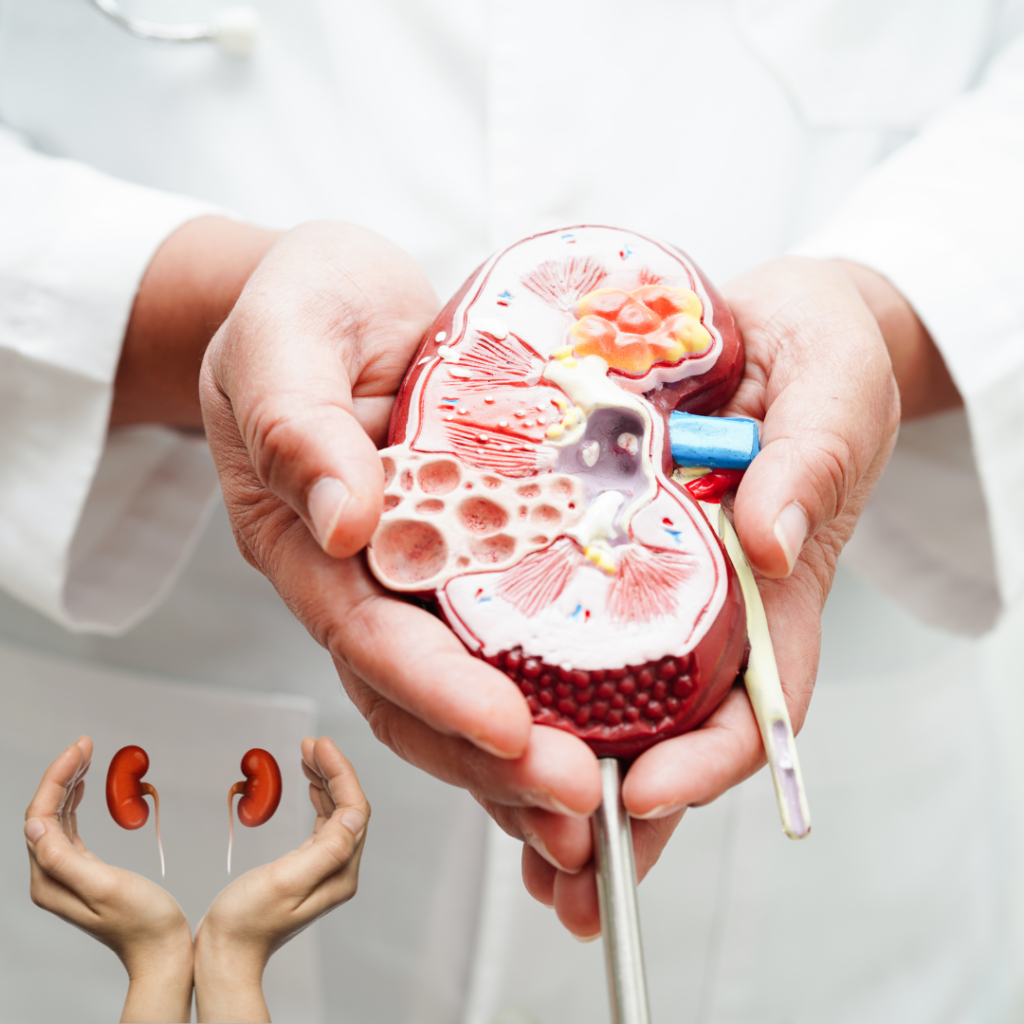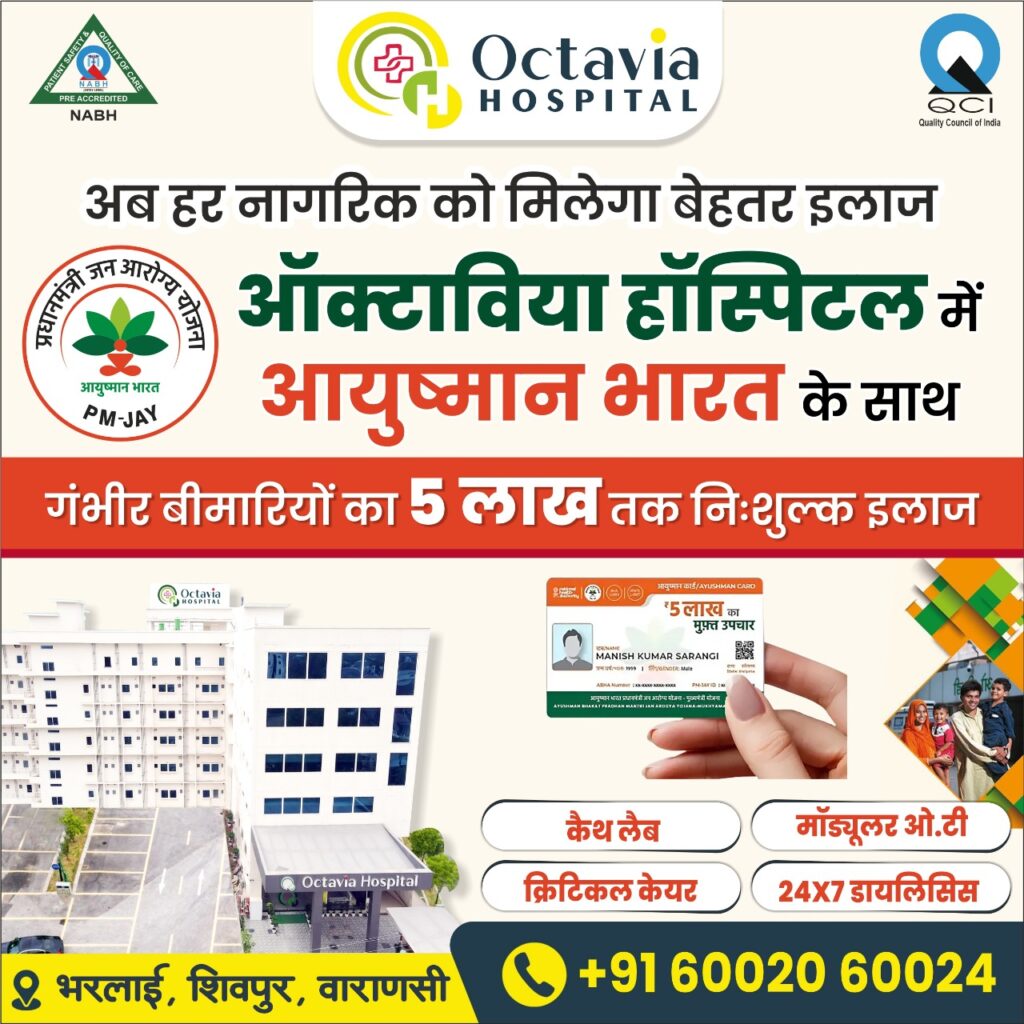Early detection of kidney issues is crucial for effective management and prevention of progression to more severe stages. At Octavia Hospital, we emphasize proactive health measures and comprehensive screenings to ensure optimal kidney health for …

Detecting Early Kidney Problems at Octavia Hospital: Your Guide to Prevention and Care
Early detection of kidney issues is crucial for effective management and prevention of progression to more severe stages. At Octavia Hospital, we emphasize proactive health measures and comprehensive screenings to ensure optimal kidney health for our community.
Our Department of Renal Sciences (Nephrology) is dedicated to providing comprehensive kidney care through a full range of diagnostic, therapeutic, and preventive services. Our team of experienced nephrologists, led by Dr. Rishab Jaiswal, offers personalized treatment plans tailored to each patient’s needs.
Understanding Kidney Function and Early Indicators
The kidneys are essential organs responsible for filtering waste, balancing fluids, regulating blood pressure, and producing vital hormones. In the early stages of kidney disease, individuals may not experience noticeable symptoms. However, as the condition advances, signs may include:
- Changes in Urination: Experiencing more frequent urination, especially at night, or less frequent urination with dark-coloured urine.
- Swelling: Retention of fluids leading to swelling in areas such as the hands, legs, ankles, feet, or face.
- Fatigue: Feeling unusually tired or weak due to decreased red blood cell production.
- Shortness of Breath: Difficulty breathing caused by fluid accumulation in the lungs.
- Itchy Skin: A buildup of waste products leading to persistent itching.
Screening and Diagnostic Services at Octavia Hospital
Regular screenings are vital for individuals at risk of kidney disease. At Octavia Hospital, we recommend screenings for:
- Individuals with Hypertension or Cardiovascular Disease
- Diabetic Patients or Those with Significant Obesity
- Adults Over 60 Years of Age
- Individuals of African American Descent
- Those with a Family History of Kidney Disease
Screenings typically include:
- Glomerular Filtration Rate (GFR) Test: Evaluates kidney function by measuring the rate at which the kidneys filter waste.
- Urine Albumin-to-Creatinine Ratio (UACR): Detects the presence of albumin in urine, indicating kidney damage.
- Blood Pressure Monitoring: High blood pressure can damage kidney vessels, so regular monitoring is essential.
Preventive Measures and Lifestyle Modifications
Adopting a healthy lifestyle plays a significant role in preventing kidney disease:
- Maintain a Balanced Diet: Incorporate fruits, vegetables, whole grains, and lean proteins while limiting salt and processed foods.
- Stay Hydrated: Adequate water intake supports kidney function and helps flush out toxins.
- Engage in Regular Exercise: Physical activity aids in controlling weight, blood pressure, and blood sugar levels.
- Monitor Health Metrics: Keep track of blood pressure, blood sugar, and cholesterol levels to detect early signs of kidney stress.
- Limit Use of Pain Relievers: Avoid excessive use of non-prescription pain medications, which can harm kidneys over time.
- Quit Smoking: Smoking can impair kidney function and exacerbate existing health conditions.
The Importance of Regular Check-ups
Even in the absence of symptoms, regular check-ups are essential, especially for those with risk factors. Early detection through screenings can lead to timely interventions, slowing or preventing the progression of kidney disease.






